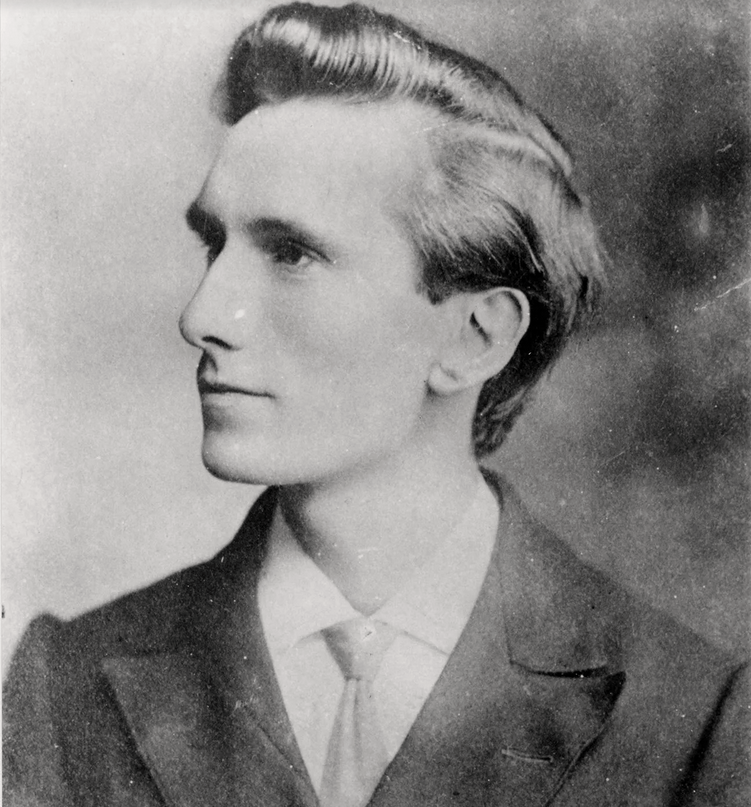
Class Structure
Our educational model is similar to the educational approach at Cambridge and Oxford Universities
Classes meet only twice a week. Most of the instruction takes place through reading and paper preparation. The classes are usually tutorial sessions, where students present papers and results of research on specific topics. Tutors challenge the students both intellectually and spiritually to confirm their stance is biblical truth. A few classes are primarily lecture, but they do not comprise a majority of the students work.
About Us
Academic Philosophy
We believe that the most effective way to gain knowledge is by reading broadly.
Rather than mere rote learning, all evaluation procedures chosen by our instructors will demonstrate the students ability to apply what they have learned. Concepts are not fully learned if they cannot be applied, and application cannot be made if the basic facts and information have not been acquired.
Classes offered by the faculty of Chambers College are designed to challenge the student both intellectually and spiritually. Students will be trained to think analytically, logically, and Biblically. This is a major theme in our college.
Accreditation
We have thoughtfully chosen not to seek accreditation at this time. The process poses too many risks of destroying our unique approach. We have chosen to be accredited by those who have worked with our graduates. Our graduates have confirmed that Chambers College is preparing them well for Christ in this world.
Our students have not had any trouble pursuing their further educational objectives with our degree.
The Christian Liberal Arts Approach
The emphasis on the centrality of the Bible in our program should not be misconstrued to mean that the program of study is only for those preparing for missions or pastoral work. This college is designed for dedicated Christians who want to make an impact for the kingdom of God in all professions.
The liberal arts approach for training a person for a successful life has a rich heritage associated with reformers and Puritans. As Leland Ryken records in his book The Puritans as They Really Were:
The Puritan emphasis on the Christian element in education will surprise no one. That emphasis, however, is only half of the picture. The other half is not nearly so well known. While the aim of Puritan education was religious, its content was the liberal arts. Puritan colleges were established primarily to provide and educated clergy, but this did not mean they were seminaries or Bible colleges. They were Christian liberal arts colleges. This concern for a broad education in all subjects was influenced by the Continental Reformers, especially Luther and Calvin...For the Reformers and their heirs, the Puritans, no education was complete if it included only religious knowledge.
A liberal arts training does not dilute the Bible’s emphasis, instead it brings all disciplines under the umbrella and scrutiny of God’s Word.
Courses from other institutions, independent study, life experiences, audio or video courses, interactive courses and other creative options may all count toward a degree program. Although our primary purpose is not to credential students, we are generous in giving appropriate credit for work done on a college level in non-traditional settings. Some students have been able to transfer in more than two years of appropriate college credit work, which other colleges would shun.
Why The Name Chambers College?
Oswald Chambers (1874-1917) was a Baptist pastor and teacher who ministered in England. He died in Egypt ministering to British troops in World War I in 1917. He is most famous for his enduring work, My Utmost for His Highest, which continues to be a best seller to this day.
During his ministry he preached in churches, served as an evangelist and missionary, wrote many books and taught in the Bible college from which he graduated. He and his wife also graded thousands of correspondence courses for Bible students and founded the Bible Training College in London.


